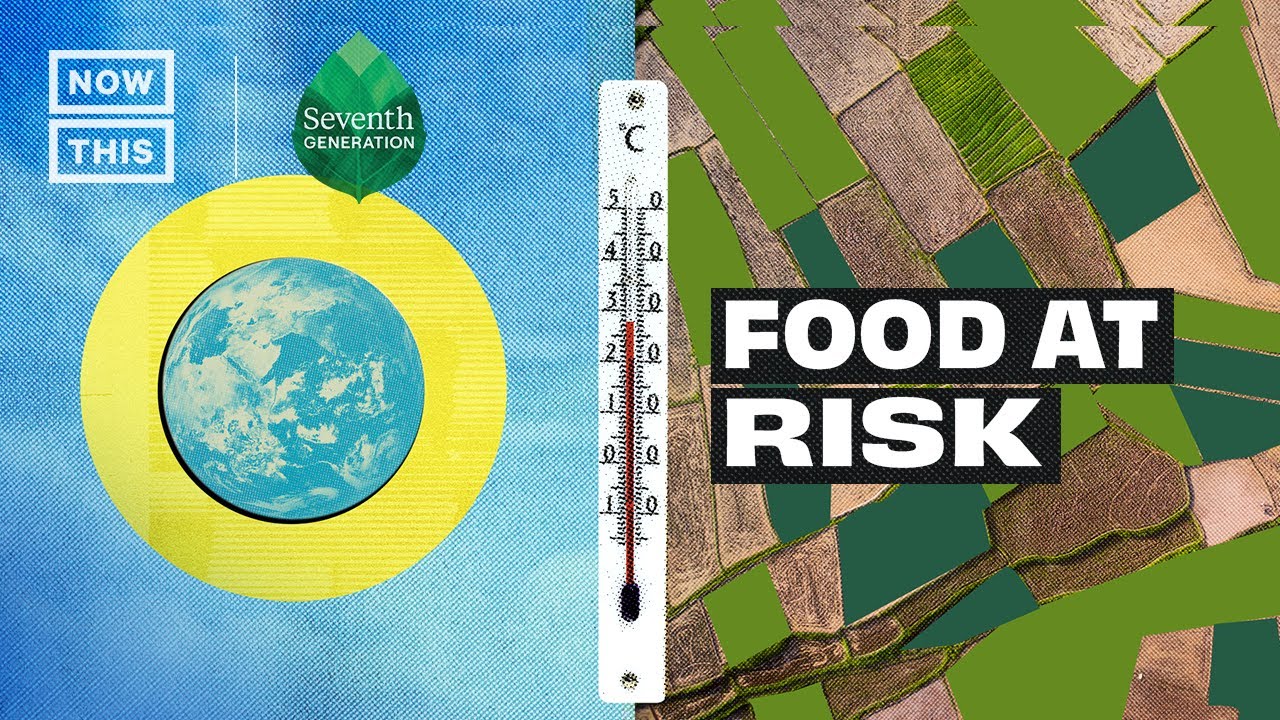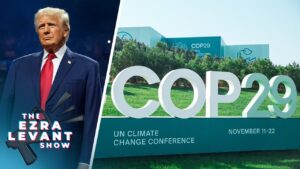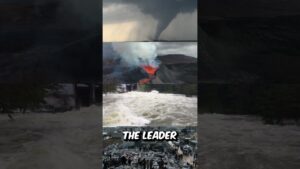
Climate change is causing significant harm to crucial crops such as wheat, rice, and maize, resulting in heightened food injustice. As shortages and price increases become more prevalent, communities are increasingly vulnerable, intensifying the disparities in accessing fresh and affordable food. The combination of climate-related disruptions and existing food disparities creates a compounding challenge that demands urgent action to address these issues effectively. @gnd_network #ad
source







I already want to be a farmer. I just need help affording it.
The government doesn't support farmers anyway even if the climate was good
Eat that soy
It doesn't.
Well 30 years ago we tried to push for more heat, insect and water resistant crops, BUT NO……
That’s a GMO, gmo = bad poison.
We need it to be the most natural ever (even though that doesn’t make any sense)…..
Kill all the cows
This is stupid
Studies have shown that higher concentrations of atmospheric carbon dioxide affect crops in two important ways: they boost crop yields by increasing the rate of photosynthesis, which spurs growth, and they reduce the amount of water crops lose through transpiration.
NASA Study: Rising Carbon Dioxide Levels Will Help and Hurt Crops
May 3, 2016
The Green New Deal is a disingenuous policy to grow the power of governments. Large governments are inefficient, slow evolving, and prone to corruption.
It doesn’t…
Mangos are currently being affected by climate change, and within 3 years mangos will cease to grow in the locations native to the fruit.
It doesn’t
Short answer: it doesn't! Notice how no actual food production values were used in this video. That would destroy the doomer narrative. Between 1961 and 2021 cereal production increased 250% and cereal yield increased over 200%. Land used for cereal hardly increased (Data from World Bank, FAO/UN). This is the only time in human history that you are more likely to be overfed rather than underfed. We should be thankful we were borne into an age of such abundance. A US DoE study (Taylor & Schlenker, 2021) estimated that a 1 ppm increase in CO2 led to an increase of 0.4%, 0.6% and 1% in yield for corn, soybeans and wheat, respectively, and that CO2 increase was the main driver of the 500% yield growth in corn since 1940. Global tomato production has set a record each year for the past 10 years. All 10 of the largest sugar crops in global history occurred during the past 10 years. All 10 of the 10 largest rice crop years occurred during the past 10 years (UN FAO).
All this happened in a warming world, and previous El Niños had absolutely no effect on production. Just have a think…for yourself.
As the climate heads into greater extremes globally, how can we best deal with future climate crises?
The short answer is that we cannot deal with them unless we take care of nature's inner balance.
We live in a tightly-closed and interdependent system in which everything boomerangs back to us. While living in such a system, we need to reconsider what we want and think, and how we treat each other, because our human connections are the primary influence on how nature responds to us.
It is common to think that climate is dependent on factors outside of us—whether it be balances between heat and cold in the environment, or the effects of various kinds of pollution we emit—because we lack a complete picture of how our attitudes to each other bring about the strongest responses from nature toward us.
No creature distorts nature the way that we people do. And it is not simply a matter of switching to renewable energy sources, electric cars and the like; it is a matter of how we relate to each other.
If we truly wish to witness more balance throughout nature and not have to deal with all kinds of cold waves and other natural disasters, then similarly to how we have electricity, water and gas meters in our homes, we should also have meters that count how much evil we emit into the world from our negative attitudes to each other. What I mean is that if we could feel the extent to which we emit negative forces into the world, which negatively ricochet back to us, then we would wish to change this negative driver within us. We would want to switch it to a drive that makes our human connections positive, and which harmonizes us with nature.
In simple terms, when we get up in the morning, we should first and foremost consider what we need to do in order for all people to have it good. Developing such an attitude is not so simple, yet we will need to seriously work on it as we head into the future. A life of increasing blows from nature or a life of peace and harmony depends on the extent to which we impact a shift in our attitudes to each other—from negative to positive.
By banning chemical fertilizers, food inequality is intensified. The climate cult will end up killing a billion people if they get their way.
So the compaint is there is a monopoly but they want to replace this with their monopoly.